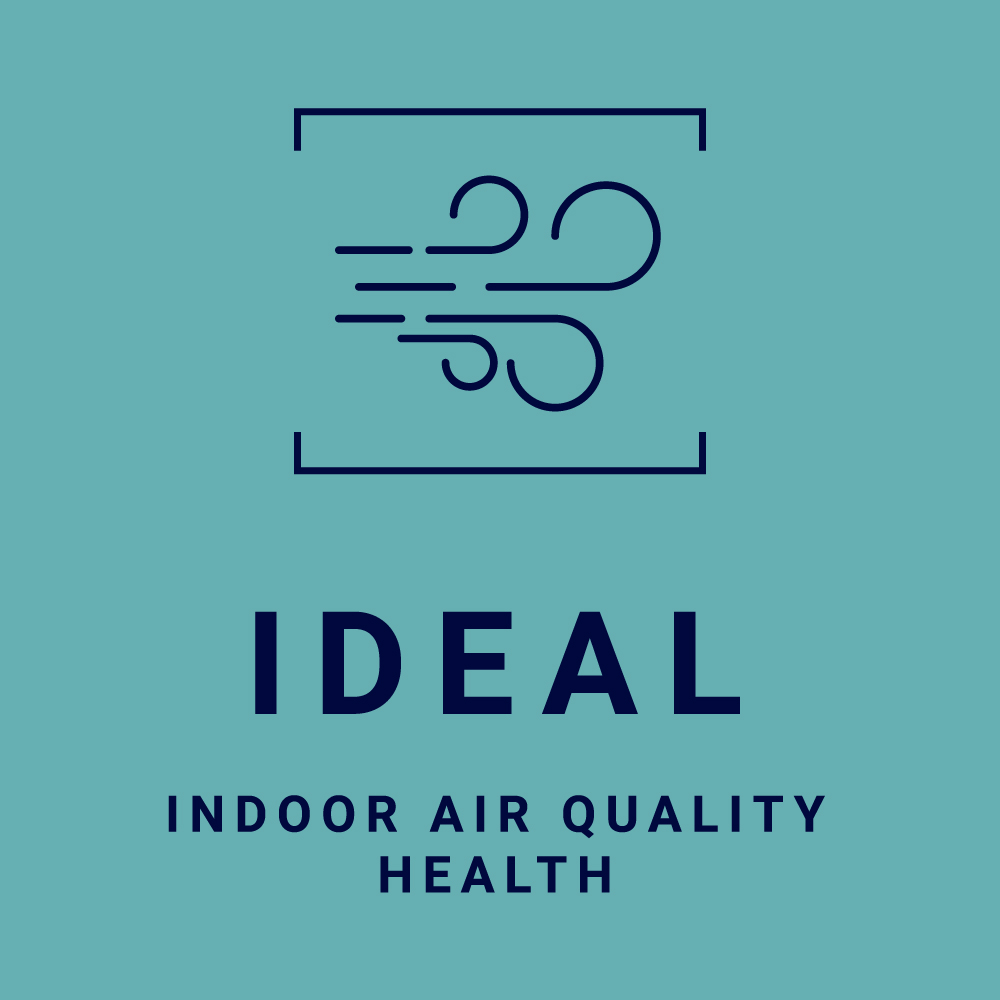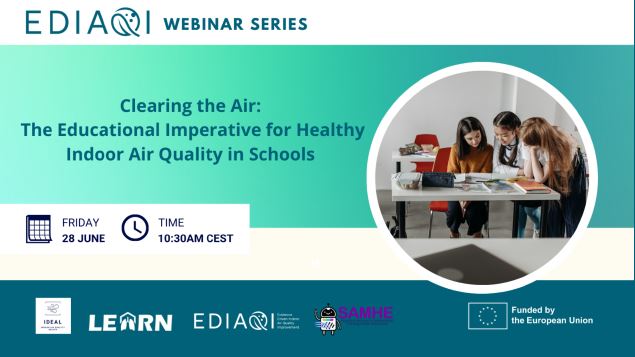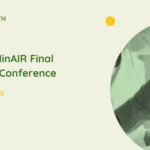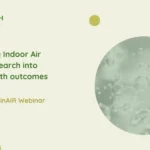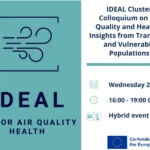Children are especially vulnerable to indoor pollutants due to their ongoing growth and development, making them more susceptible to health risks. Studies suggest that poor indoor air quality (IAQ) may not only affect health but also reduce cognitive focus and school attendance. Furthermore, research indicates many European schools have indoor pollutant levels exceeding WHO guidelines, posing significant health risks. Considering children spend around 900 hours annually in school, mostly indoors, where inadequate ventilation is common, this represents a serious public health and educational challenge.
So, how, can we effectively measure the indoor air quality in schools along with the health and cognitive implications? Furthermore, what measures are currently being taken in Europe to understand the issue of indoor air quality in schools and what strategies and policies should be employed to improve indoor air quality throughout schools in Europe?
In light of these questions, the LEARN and EDIAQI projects, both members of the IDEAL cluster, will host the “Clearing the Air: The Educational Imperative for Healthy Indoor Air Quality in Schools” webinar on June 28th at 10:30. The session will delve into effective strategies for measuring indoor air quality in schools, current initiatives in Europe to address indoor air quality issues, and practical measures that schools can implement to improve air quality. Additionally, panellists will discuss the role of technology in monitoring and improving indoor air quality, the use of data collected from projects to inform policy and practice, and innovative approaches to engage students and educators in understanding and managing air quality.
Agenda
- 10.30-10.35: Introduction and Agenda (Moderator)
- 10.35-10.40: Enhancing Cognitive and Environmental Health in Schools with LEARN (Ernesto Alfaro-Moreno)
- 10.40-10.45: Empowering Schools through Real-Time IAQ Monitoring with SAMHE (Henry Burridge)
- 10.45-10.50: Breathing IAQ Knowledge into Classrooms with EDIAQI (Jessica Fernandez Aguera)
- 10.50-11.05: Panel Discussion – Strategies for Healthier Indoor Air in Educational Settings (Moderator + Panellists)
- 11:05-11:20: Questions from the audience (Moderator + Panellists)
- 11:20-11:25: Concluding Remarks (Moderator)
